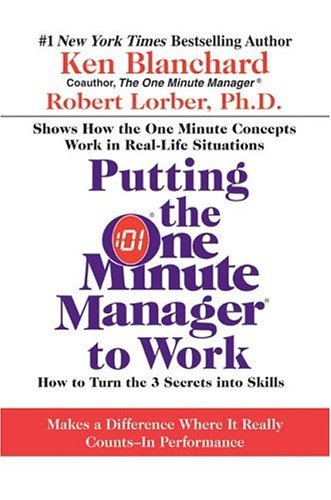
The Effective Executive: The Definitive Guide to Getting the Right Things Done
Book Description
Mastering effectiveness in a chaotic world isn’t just a skill; it's a game-changer. In "The Effective Executive," Peter F. Drucker reveals the secrets to prioritizing the right tasks and maximizing impact. This isn't just about productivity; it's about transforming the way decisions are made and how actions resonate. Delve into strategies that challenge conventional thinking, ignite purpose, and elevate leadership to new heights. Imagine gaining clarity in the midst of uncertainty and unlocking your potential to influence change. Are you ready to redefine success and take charge of your destiny?
Quick Book Summary
"The Effective Executive" by Peter F. Drucker is a seminal work on personal and organizational effectiveness. Drucker argues that effectiveness is a learned and trainable skill, not innate talent, and that executives must focus on achieving results rather than just being busy. Central to the book are ideas around prioritizing high-impact tasks, managing time, making effective decisions, and taking accountability for results. Drucker emphasizes the importance of identifying and cultivating strengths—both personal and within teams—to deliver the best outcomes. He also advocates for constant learning and adaptation in a changing business environment. This book serves as a practical guide for leaders and knowledge workers to transform their work habits, foster disciplined thinking, and ensure their efforts contribute meaningfully to their organizations' missions.
Summary of Key Ideas
Table of Contents
Focusing on Priorities and Time Management
Peter Drucker begins by underscoring that effectiveness, more than intelligence or hard work, is what distinguishes exceptional executives. He believes effectiveness stems from consciously defined practices and habits that anyone in a decision-making role can learn and refine. Drucker posits that executives must recognize where their time goes, systematically eliminate time-wasters, and redirect their efforts toward tasks that significantly impact their organizations. This foundational discipline around managing one’s schedule creates the necessary bandwidth to focus on truly important work.
Making Effective Decisions
At the heart of effectiveness lies the ability to focus on priorities. Drucker urges executives to ask, 'What is the one contribution I can make?' By zeroing in on high-impact activities and resisting distractions, executives foster clarity and momentum. Setting clear priorities helps avoid the trap of being busy but ineffective. Drucker emphasizes that doing the right things supersedes merely doing things right, framing effectiveness as a consequence of wise choices about where and how to exert effort.
Leveraging Strengths Over Weaknesses
Drucker challenges leaders to base their thinking on facts and logical reasoning rather than opinions or precedent. Effective executives make decisions by diagnosing the real problem, considering alternatives, and recognizing that a decision is not complete until it is executed and followed through. They understand that not making a decision is itself a decision, and often a costly one. Drucker encourages analysis of both expected results and possible risks to ensure decisions are impactful and sustainable.
Taking Responsibility for Results
Rather than obsessing over weaknesses, Drucker counsels leaders to invest in their strengths and the strengths of their teams. By identifying what resources, skills, and unique talents each person brings, organizations can position people in roles that maximize performance and morale. Recognizing and capitalizing on strengths enables more productive collaboration and solves organizational challenges more efficiently. This perspective shifts attention toward leveraging opportunities, not just solving problems.
Continuous Learning and Adaptation
Drucker concludes that effectiveness requires a commitment to continual self-reflection and learning. Executives should seek feedback on their performance, learn from both successes and failures, and remain adaptive to a changing environment. He advises developing a learning mindset that embraces new knowledge and adapts to evolving demands. By cultivating habits of reflection and openness to change, executives grow not only their own effectiveness, but also help their organizations thrive in complex, uncertain circumstances.
Download This Summary
Get a free PDF of this summary instantly — no email required.





